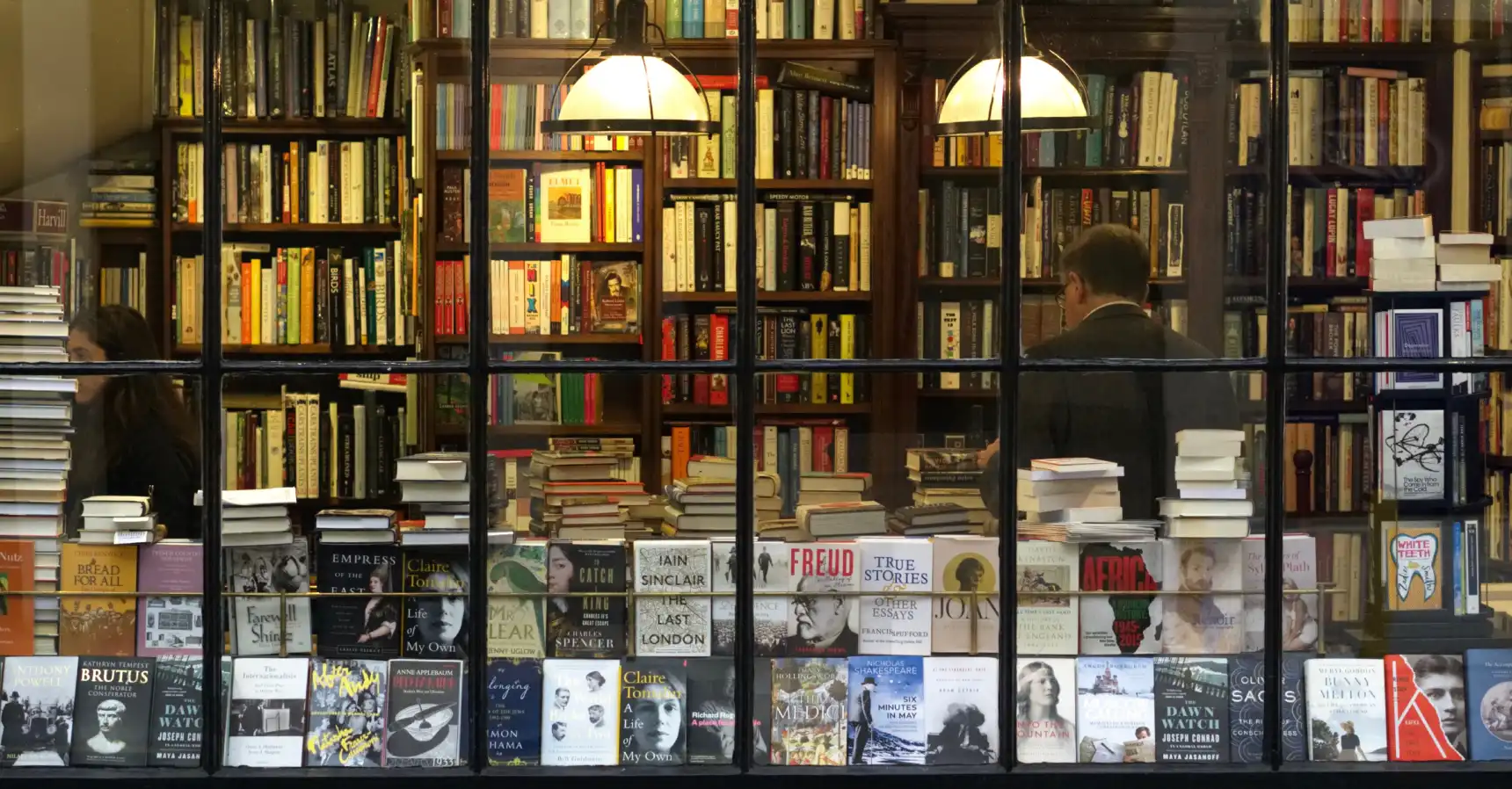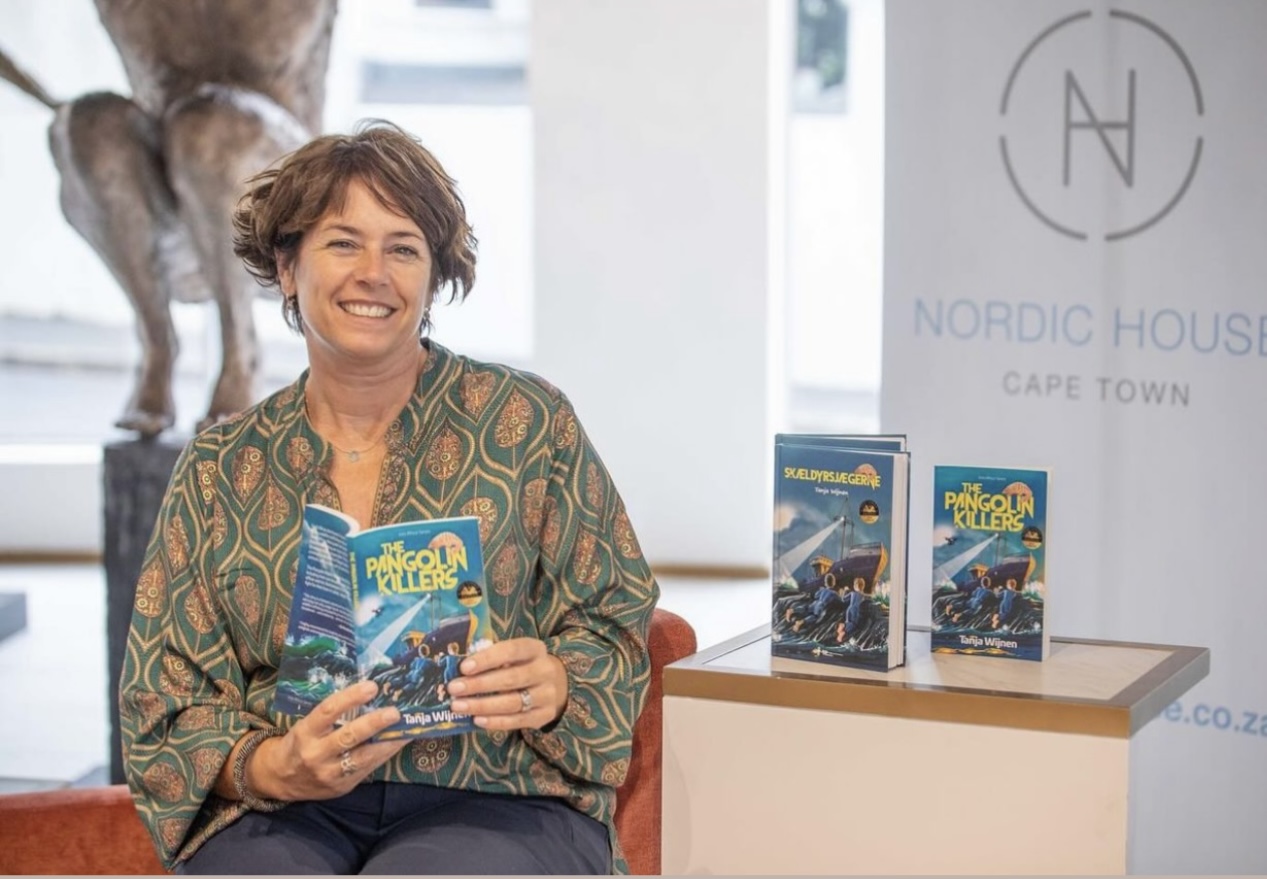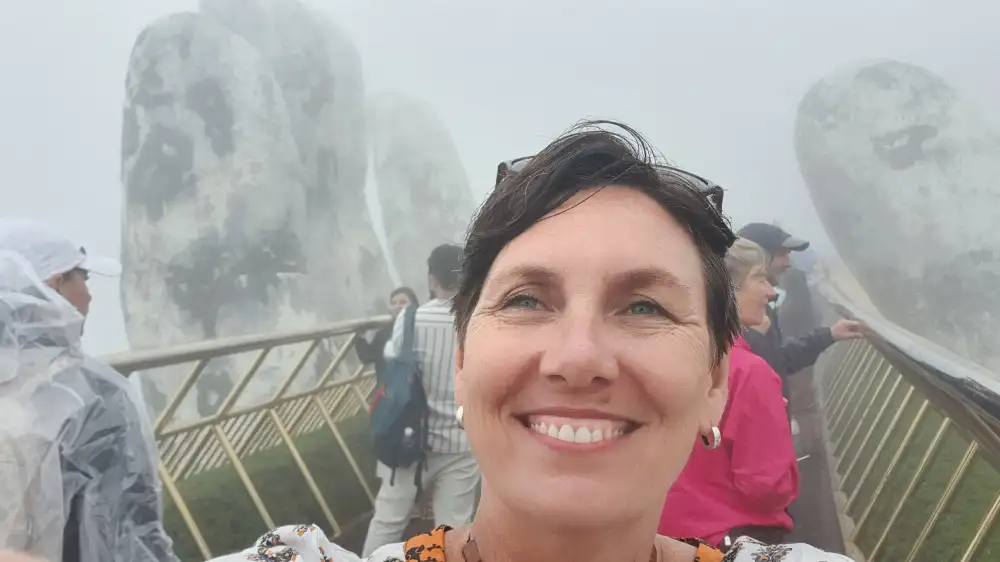Have you ever imagined your name on the cover of a bestselling book? The thrill of seeing your stories in print? For many South African writers, publication feels like a far-off dream. But with dedication, creativity and persistence, it can become a reality.
Ready to break into South Africa’s vibrant literary scene? Get started with our nine-step guide to becoming a published author.
1. Cultivate story ideas
Whether it’s an epic fantasy, a steamy romance or a spine-tingling mystery, every published work begins with a spark of creativity. Let your imagination wander – reflect on your experiences, passions and perspectives. Ideas can spring from the most unexpected sources, so keep a journal handy to jot down your thoughts and observations.
2. Write freely
Once you’ve settled on an idea, it’s time to put pen to paper – or fingers to keyboard – and write the first draft of your manuscript. Don’t worry about perfection at this stage; the goal is to capture the essence of your story. Write freely, letting your characters and storyline surprise you. You will revise and polish later.
3. Edit for success
Editing is an exciting stage in your book’s development, transforming the rough gem of your first draft into a polished diamond. But self-editing can be tricky. As you don your editor’s hat, ask your friends or writing groups to read your draft – use their feedback to guide you. Start by trimming the excess, making sure every sentence serves a purpose. Next, revise for clarity, coherence and consistency. Finally, proofread to eliminate minor errors. You may need to revise your draft up to eight times before it is complete.
4. Research South African publishers
With your manuscript well polished, all you need is someone to publish it. Research fiction publishers who specialise in your genre to discover their particular interests and past selections. Finding the right fit early on will save time and increase the likelihood of acceptance. You can find a list of South African publishers at the end of this post to aid your search.
5. Prepare a persuasive query letter
When contacting an agent or publisher, write a strong query letter that gets to the heart of your story, shows off your writing style and makes them eager to see your manuscript. Use your research to tailor your query; keep it concise, engaging and professional.
6. Handle rejections like a pro
Rejections may sting, but remember, even the greats like Stephen King and J. K. Rowling faced their share of setbacks. Use every piece of feedback to refine your work, and keep submitting. Every personalised rejection is a sign that you’re getting closer to your goal. And when a publisher does show interest, take a moment to celebrate! Your hard work and perseverance have paid off.

7. Get involved in the publishing process
Congratulations! Your manuscript has been accepted. You’ll now begin to collaborate with other professionals to get your book ready for launch. From developmental editing to cover design and marketing strategies, expect to play an active role in shaping your book’s final presentation. Embrace the process; it’s a unique opportunity to learn, adapt and contribute your insights.
8. Unveil your creation
The long-awaited day has arrived – readers can finally get their hands on your book! Seeing your words in print, or digital, is an unparalleled feeling. But you’re not done yet: you have book launches to organise, a network to inform, fans to interact with on social media and copies of your book to sign. Play your cards right, and this could be the beginning of a long-lasting connection, not only with your audience and publisher, but with your own love of storytelling.
9. Continue the odyssey – keep writing!
Becoming a published author isn’t the final destination; it’s a milestone. Put the same heart and energy into your next project, using everything you learnt from the first one. Writing is a craft that grows with practice, so keep honing your skills, experimenting, exploring new genres and challenging yourself. Your published book is just the first chapter.
Publishers in South Africa
Because the South African market is relatively small, writers can usually approach a publisher directly to pitch a novel or short story collection. As promised, here is a list of prominent South African publishers, ranging from major publishing houses to small independent publishers.
Major publishing houses:
Penguin Random House South Africa (Cape Town, South Africa)
In August 2008, Random House South Africa and Struik Publishers announced their merger to create a significant new player in the African book-publishing industry. The new company, known as Random House Struik (Pty) Ltd, brought together two of the country’s most prominent book publishers.
LAPA Publishers (Pretoria, South Africa)
LAPA publishes a large selection of Afrikaans books, in both digital and print format, with occasional translations into English.
NB Publishers (Cape Town, South Africa)
NB Publishers is the largest local general publisher in South Africa, operating under seven main publisher names: Tafelberg, Human & Rousseau, Queillerie, Pharos, Kwela, Best Books and Lux Verbi. Afrikaans love stories are published under the publisher names Jasmyn, Melodie, Satyn, Hartklop and Mirre.
Wits University Press (Johannesburg, South Africa)
Wits University Press is committed to publishing well-researched, innovative books for both academic and general readers. Their areas of focus include art and heritage, popular science, history and politics, biography, literary studies, women’s writing and select textbooks.
Modjaji Books (Cape Town, South Africa)
Modjaji Books is an independent feminist press that publishes Southern African women writers, new and established. They publish short stories, novels, memoirs, biography, poetry, essays, narrative non-fiction and reference books.
Other notable publishing houses:
Oxford University Press South Africa
Small South African publishers:
African Perspectives Publishing
ELRU: Early Learning Resource Unit
This list is by no means comprehensive. You can get details of smaller or more specialist publishers from the Publishers Association of South Africa.
If you want to write a novel or a collection of short stories or poems, our online writing courses guide you from your big idea to the final manuscript, including how to pitch to publishers. Study online, at your own pace, guided by award-winning authors at SA Writers College.
Browse through our comprehensive list of creative writing courses, including scriptwriting, and writing for video games!













